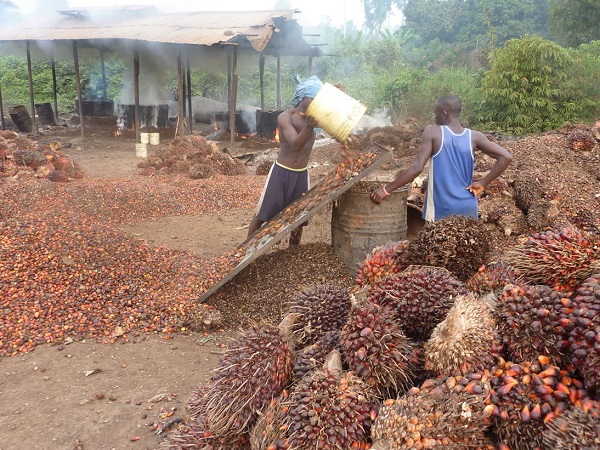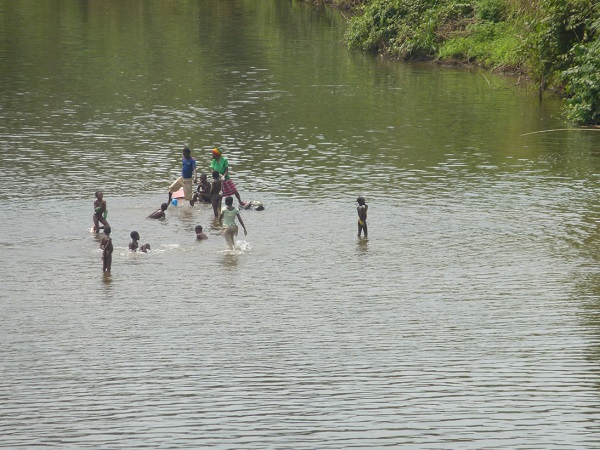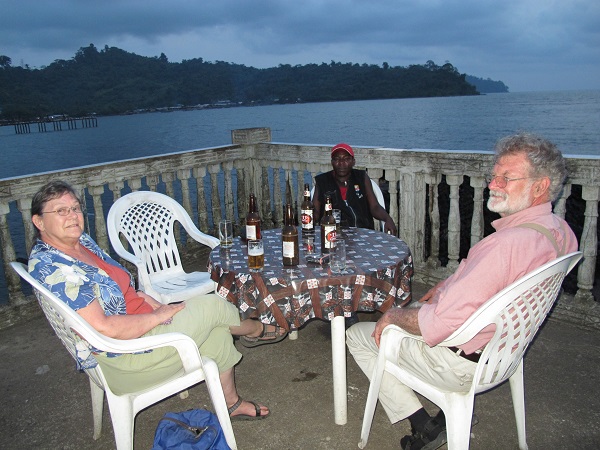Cameroon Culinary Tour
Cameroon’s highly diverse agro-ecological zones which make it “Africa in one country”, render it a very rich nation as far as food is concerned.
In addition to this phenomenon is its multi-ethnic and multi-cultural nature, in fact about 250 tribes spread out in the 10 regions, which make it a veritable culinary tourist destination because each region exhibits different interesting gastronomic characteristics that are a great attraction to visitors.
During any of the tours we offer you get to savor whatever you desire, even on roadsides, where you have freshly prepared food.
Duration: 16 days Dates: AnyTime of the year
Fitness Conditions: Reasonable fitness/normal health
Pax |
Prices (Euros) |
| 2 | 4,058 |
| 3 | 3,496 |
| 4 | 3226 |
| 5 | 2996 |
| 6 | 2,766 |
| 7 | 2536 |
| 8 | 2300 |
| 9 | 2300 |
| 10 | 2300 |
These prices include car hire, fuel, driver, lodging, guiding, entry/porters/eco guides, food, handling charge, and miscellaneous. Not included are airport tax:15.5euros, visa fee: 98 euros, and flight: varied.

ITINERARY
1st Day: Arrival at Douala and overnight in a hotel
2nd Day: Douala – Edea – Lake Ossa – Edea – Douala – Limbe
What-To-Do: Early departure from Douala and breakfast at a riverside restaurant in Edea. Ride slowly along the banks of the Sanaga River to Lake Ossa. The latter is a multitude of contiguous lakes spread out over a very large area and has traces of sea lions. There are large rubber plantations nearby which may be of interest to agro-tourism enthusiasts.
Return to Edea for lunch in a local restaurant which serves many varieties of local foods and drinks. Proceed to Douala and then to Limbe for overnight in a sea side hotel after the evening meal made of fresh fish, roasted plantain, manioc, etc.
3rd Day: Limbe – Bimbia – Limbe
What to do: Breakfast composed of local food in the home of a local in the former slave trade village called Bimbia. Thereafter visit former station of Alfred Saker, the first American Missionary to Victoria. Also visit the island which was the take off point of slaves to the Americas.
Return to Limbe and visit the Botanic Garden and Wildlife Centre. Lunch in a sea side restaurant.
Visit of the town, especially the fish market and nearby village to experience local life especially local gastronomy. Return to Limbe for over night.
4th Day: Limbe- Idenau – Limbe
What to do: Ride slowly along the ocean from Limbe to Idenau while having a view of the flanks of Mt. Cameroon and extensive oil palm plantations. While at Idenau walk along the sandy beach and watch the fishermen busy at work. Have a taste of the local whisky.
Sumptuous lunch, composed of roasted fish, spiced sauce and plantains/manioc. In a local drinking spot from where you have a view of the busy port which receives large canoes with goods from Nigeria and from where others take off loaded with different goods to Nigeria and other parts of Cameroon.
Return to Limbe and continue to Buea. Visit different colonial edifices in the town of Buea, which has a rich historical part i.e. former capital of Cameroon under German rule and capital of Southern Cameroon under British rule. Visit the tea plantation.
Participate in the preparation of super in a local home.
Return to a Limbe after supper.

5th Day: Limbe – Bamenda
What to do: After ridding over 150km from Limbe visit a community eco tourism project, which has an interesting water fall and fascinating environment. Lunch could be taken there or at a bustling road side market not far away.
It is enjoyable seeing the locals busy roasting fish, meat, plantains, cocoyams, etc, which constitute the hot lunch that is usually accompanied by some local beer.
The rest of the journey to Bamenda is characterized by brief stops on the way to watch some interesting attractions. Overnight in a hotel after the visit of the town.
6th Day: Bamenda – Batibo – Bamenda
What to do: Visit combined cave and waterfall, traditional healer, locals producing wine and palm oil. Lunch in one of the villager’s homes. You may participate in its preparation. While back in Bamenda, visit some local craft centers.
7th – 9th Day: Bamenda – Boyo
What to do: Visit the venerated traditional ruler and some homes. Stay with some families and participate in any community work such as health education.
10th – 11th Day: Boyo – Ndawara Highland Tea Estate – Babungo Ndop
What to do: Visit the Ndawara Tea Estate to see different stages of tea production (nursery, plantation and factory).
Proceed to Babungo and visit the rich palace craft centre and museum. Overnight in the rest houses of the Integrated Health Centre, which is a local initiative involved in taking care of mental patients and also practice integrated agriculture as a means of subsistence.
In this centre you have different local food types being prepared. You could help in providing medical supplies to this centre. May also do some work such as tree/flower planting and feeding animals.
12th Day: Babungo – Tadu Dairy Project
What to do: Ride through the meadows to Tadu and be part of this interesting rural development project engaged in dairy production. Interesting attractions include the purely rural landscape and horse riding. You may camp in the ranch.

13th Day: Tadu – Oku
What to do: Visit craftsmen at work, bee farming centres, coffee farms some of which are found in very old homes which have not been tampered with by current modernity. May visit Lake Oku and the Ijim Mountain Forest.
Overnight in a local rest house and home of some locals.
14th Day: Oku – Ndop
What to do: Visit Bamessing, a great fair trade craft production village. It is the source of most of the craft exported from Cameroon. The local gastronomy is fantastic.
15th Day: Ndop – Foumban
What to do: Visit Bambalang, a village inhabited by survivors of flooding caused by the construction of a hydro-electric dam. The journey from the main land is by boat. Return to Bamenda and proceed to Foumban for overnight.
16th Day: Foumban – Douala
What to do: Visit the palace of Sultan, a UNESCO Heritage site, having an outstanding museum. Proceed to Douala for departure.
In some communities you may undertake a home stay and participate in the local cuisine and in other house chores such as accompanying your host to the farm, fetching of water, gathering firewood, craft making, traditional healing, etc.
At the end of the tour you shall have acquired some skills in the local cuisine, craft making, etc, and shall have contributed positively in the building of international cultural understanding and world peace
